What it's Like to Work in AI and Advice from 10 AI Professionals
I asked 10 AI professionals 4 questions about their work in AI and the qualifications required for their job
The number one question I get when chatting with others about AI is: “How can I get involved with AI?” To answer this question, I’ve posed 4 questions to 9 people I know excelling in the realm of AI:
What’s your role and what company do you work for?
What’s your day-to-day work like?
What are the qualifications you need for your job?
What advice would you give to someone wanting to work in ML/what other important things would you like to share with readers?
This will not only answer the question of “What is it like to work in AI?” but will also provide perspective on the diversity of roles available and the qualifications necessary to work them.
The biggest thing I want you to take away from this: Not only are there many ways to get involved in AI outside of just engineering (and many within), there is a huge demand for driven people to become involved and help shape the future of AI.
A huge thanks to:
for answering my questions! I’m listing the responses in the order I got them. I’ve done some minimal editing for readability, but I’ve maintained the all authors’ original points.
Devansh
Position: Consultant/Research Lead
Company: SVAM International
Profiles: LinkedIn | Twitter | Substack
Writes: AI Made Simple and Tech Made Simple
What’s your role and what company do you work for?/ What’s your day-to-day work like?
My role is a cross between a research lead and a consultant. I am responsible for both generating business (finding leads) and executing solutions for them. I talk to people about the AI challenges they're having or just general challenges they're having and if AI is useful for them. If that AI can be used there and we have the capabilities to solve it, then we will go back to the team to build. So in that sense, my job is very much very much like a standard software consultant.
A second part of my job which is equally important is research. We're constantly running experiments, testing out different methods and techniques to answer questions like: Does this work for us? How well does a technique work? Does A versus technique B apply? When do we see some trends and patterns? We're always researching things which is why my newsletter is very helpful because I have to read papers and when I share the research in my newsletter people get back to me with their comments.
There have been many times that I've looked at something and asked “Hey, why does this happen?” and somebody gets back to me with the solution, so the newsletter kind of also becomes an extended research lab.
What are the qualifications you need for your job?
I got this position through my newsletter. My current manager is the VP in the consulting company. He appreciated my writing and he saw that this might be a good way to bring in high quality leads and business.
Kartik Singhal
Position: Machine Learning Engineer
Company: Meta
Writes The ML Engineer Insights
What’s your role and what company do you work for?
I am a Senior Machine Learning Engineer at Meta, primarily working in the Search and eCommerce Recommendations space. My role is a hybrid between an Applied Machine Learning Scientist and a product engineer. I am the end-to-end owner of the ads product, responsible for defining the project charter, identifying new ideas and challenges to enhance the relevance of the recommendations we show to users, and initiating projects for the team.
During the design phase, I conduct extensive data analysis and experiments to understand the relevance of content to search queries, identify bottlenecks and root causes, and establish an ideal state and roadmap for the team. At this stage, I review the latest research across the recommendation stack to find solutions to these challenges. I also try to keep up with the research by reading recent research papers in NLP.
What’s your day-to-day work like?
Once the design phase is complete (usually 2-4 weeks for projects of significant scope), my day-to-day work involves three key areas. Approximately one-third of my time is spent on modeling work to improve relevance across various stages of the recommendation stack, another third on running extensive experiments and deploying projects, and the remaining third on mentoring and overseeing projects from other MLEs within the team or domain
What are the qualifications you need for your job?
My career journey has been an interesting one, briefly summarized in:
I have a background in Natural Language Processing from my graduate studies, and I initially joined the industry as a Software Engineer in a team that collaborated closely with ML Scientists. I gradually transitioned to an Applied ML Scientist role by taking on more ML projects and applying both my graduate studies and my own weekly learning sessions outside of work hours. I eventually shifted my responsibilities within my previous company to work in Search before moving to my current position.
What advice would you give to someone wanting to work in ML/what other important things would you like to share with readers?
Several factors facilitated my transition: (i) Ensuring my additional projects and learning activities did not interfere with my day-to-day responsibilities by dedicating free time to study, (ii) Finding a mentor who guided me through the transition, (iii) Leveraging my graduate projects as well as constant update with the research trends to keep up with latest research, and (iv) Adopting a product-focused mindset, starting from the user and product experience and working backward, rather than a purely technology based approach.
Sergei Polevikov
Position: Board Member of a company he co-founded (and was previously CEO of)
Company: WellAI
Socials: LinkedIn | Twitter | Substack
Writes AI Health Uncut
What’s your role and what company do you work for?
I co-founded a digital health company called WellAI five years ago. Initially, I served as the CEO, but I’ve since transitioned to roles as a board member and AI advisor. WellAI provides AI-driven triage technology and automation, empowering clinicians and patients to achieve efficient and seamless communication. Additionally, I’m a proud member of the International Federation of Clinical Chemistry (IFCC) Artificial Intelligence and Genomic Diagnostics International Working Group (WG-AIGD). Collaborating with world-class researchers, we engage in discussions and publish research focused on AI in healthcare, particularly in genomic diagnostics. I'm also the creator of "AI Health Uncut," a brutally honest Substack newsletter on AI, innovation, and the state of the healthcare market.
What’s your day-to-day work like?
At WellAI, we pride ourselves on offering groundbreaking technology. To live up to that claim, I push myself daily to explore new AI models or code improvements, some more ambitious than others. Whether these AI lessons directly impact WellAI’s platform or not, staying on the cutting edge is essential. Besides that, I work on business development and address patient feedback, ensuring that the WellAI platform continues to evolve and serve its purpose effectively.
What are the qualifications you need for your job?
Running an AI company requires a strong foundation in mathematics, statistics, and machine learning, skills I’ve developed throughout my career. These technical competencies have been invaluable in managing and growing WellAI.
What advice would you give to someone wanting to work in ML/what other important things would you like to share with readers?
My advice to those interested in AI is the same as my general life philosophy: learn from smart people but think independently. Even the most brilliant minds can’t predict the future, so instead of chasing fads hyped on social media, invest in building a broad base of both technical and common-sense skills. It’s crucial to stay curious and learn something new every day, even if it seems unrelated at first. Over time, these experiences will contribute to a rewarding and fulfilling career—and life.
Nick Potkalitsky
Position: Founder
Company: Pragmatic AI Solutions
Socials: Substack
Writes Educating AI
What’s your role and what company do you work for?
I am an educator and the company founder of Pragmatic AI Solutions. At Miami Valley School, a PreK-12 school in southwestern Ohio, I lead a task force developing a comprehensive instruction plan for AI implementation and integration. I am lucky to work with a group of highly engaged senior students who experiment with different iterations of AI writing workcycles assisted by various AI tools. My classroom is a testing ground for cutting edge pedagogy and instruction in the area of AI x Education.
At Pragmatic AI Solutions, I translate my classroom experiences into keynotes, in-person training, and online modules that enable administrators, teachers, and researchers to carry on with the work of developing their own personalized AI policies, curricula, and instructional plans. My company believes deeply in leaning into the local wisdom of individual practitioners in order to develop solutions that fit with the values, culture, and educational outcomes of particular institutions and learning communities.
What’s your day-to-day work like?
My day-to-day is a flurry of very different types of projects and activities. As a professional writer on Substack and LinkedIn, I am constantly writing up reports and articles to share out the latest insights and developments emerging from my classroom and my work with various clients.
In the evenings and on weekends, I am in constant communication with research partners on various scholarly efforts, clients in order to develop specialized trainings, or my instructional designers in order to tweak my company’s hybrid, online courses.
But most fundamentally, my day-to-day remains the workload of a teacher and instructional leader. I develop lessons, interact with students, and assess papers. I believe that my continued focus on classroom work gives my work in all the other arenas grounding and credibility. While it is hard juggling my many occupations, the teacher work enriches the consulting work, and vice versa.
What are the qualifications you need for your job?
I’d argue that my doctoral work serves as something of a prerequisite for the many different kinds of work I am engaging in right now. From networking, to writing in many different registers, to developing and maintaining a sustained vision, to making a vision something practical and understandable for different audiences. Notably, my doctoral work is in narrative and rhetoric— rhetoric being the study of communication, namely how we communicate impactfully across the many divisions that exist in this world. Fundamentally, I understand this AI moment— and the many divisions it has inspired— as breakdown in communication. I feel like my work as an educator and consultant lies in the meticulous delineation of sources of ambiguity, uncertainty, and disconnection in order to build bridges towards meaningful resolutions, compromises, and solutions.
It is important to know that I do not have an extensive background in ML/AI. While I have studied the philosophy of mind and artificial intelligence for several decades, the GPT project is the first technological innovation that has drawn me into the process of learning coding and the true intricacies of working in fundamental ways with computers. I feel so excited to be learning alongside my students— and to have come to computing in an age when one can approximate coding processes with natural language. That said, I realize that I as a humanist still have a lot of catching up to do.
What advice would you give to someone wanting to work in ML/what other important things would you like to share?
My advice would be to not let labels or your own lack of specialized knowledge slow you down. In addition, do not let the lack of existence of a particular kind of job slow you down. We are truly living in a time when new occupations are emerging–unfolding–through the unfolding vectors of human-computer interactions. Case in point, I would not be able to accomplish nearly as much as I am currently able to without the assistance of my AI tools for image generation, text editing, video editing, etc. While I have written elsewhere about the exhaustion of existing inside an AI-driven work cycle, I am constantly amazed at the way these tools allow us to interrogate our own processes and thus punctuate the impact of our communicative efforts slowly but steadily over time.
Cameron R. Wolfe, PhD
Position: Senior ML Scientist
Company: Netflix
Socials: Twitter | Substack | LinkedIn
Writes Deep (Learning) Focus
What’s your role and what company do you work for?
Senior ML Scientist at Netflix
What’s your day-to-day work like?
Depends on the day! I try to keep meetings to Tuesdays and Thursdays. On those days, I usually write for an hour, do some deep work or coding for 2-3 hours, have meetings from ~noon CST until 3-5pm CST, then do a few more hours of coding. On non-meeting days, I basically write for an hour then try to have a couple long work blocks of coding 3-4 hours). I always read papers for ~30-40 minutes before going to bed at night.
I've learned over time that I have to write first thing in the day. If I wait or say I'm going to write at night, I never do it. Writing is super mentally taxing so I am only consistent if I force myself to do that first.
What are the qualifications you need for your job?
Qualifications vary a lot. There are people on my team who have undergrad degrees, masters degrees, and PhDs. I don't think there are concrete requirements. Obviously, having degrees can help get your foot in the door, but so can having examples of your work online, doing independent research, etc etc.
What advice would you give to someone wanting to work in ML/what other important things would you like to share with readers?
My advice would be to find some way to publish your work online consistently, whether it be through a blog, github, a personal website, or something else. Hold yourself accountable for constantly learning, and put your learnings / projects online for others to see. Then, when someone thinks about hiring you, there's no question about whether you're good at the job or not. They can look at all of your work online!
Other advice would probably be being humble and not giving up. Getting good jobs is hard. It took me ~7 years to get into a big tech company. I feel like the main reason I didn't give up was because I tend to hyper-focus on daily habits over long periods of time and try to avoid building expectations. Basically, focus on the work / effort and forget about everything else. Don't get cynical because you're not getting what you want etc.
Sebastian Raschka, PhD
Position: Staff Research Engineer
Company: Lightning AI
Socials: Twitter | LinkedIn | Substack
Writes Ahead of AI
What’s your role and what company do you work for?
I’m currently a Staff Research Engineer at Lightning AI, working on LLM-related projects from both engineering and research perspectives. This involves a lot of challenging problem-solving through coding, which I genuinely enjoy! Another aspect I love is getting a clear understanding of what customers truly need versus what I might consider "nice-to-haves." Since there are only so many hours in a day, this helps me stay focused on what matters most.
What’s your day-to-day work like?
I usually wake up very early to set aside time for reading or writing technical content—typically for at least an hour each day. AI is a fast-moving field, and this routine helps me stay up to date. During my workday, I prioritize urgent requests from coworkers to help unblock them as needed. I also contribute extensively to open source (for example, LitGPT) since we maintain several open-source libraries for ourselves and our customers. Most of my time these days is dedicated to internal research projects (though, unfortunately, I can’t disclose the details here).
What are the qualifications you need for your job?
That’s a good question. The basic answer is technical expertise, like Python and ideally PyTorch skills. Of course, experience in machine learning and deep learning is also crucial. Although it’s not research in the traditional academic sense, having a research mindset is essential. It’s incredibly helpful when planning, designing, running, and executing experiments to make improvements—whether in modeling speed, prediction performance, or other areas.
What advice would you give to someone wanting to work in ML/what other important things would you like to share?
AI is a fast-moving field, so it’s important to stay current with new developments. However, it’s also important to avoid spreading yourself too thin. In other words, it’s better to focus on a specific area (like LLMs) rather than trying to keep up with everything (e.g., computer vision, LLMs, graph LLMs, recommender systems, etc.). Now, while papers are excellent for getting new ideas, textbooks provide a much deeper, structured understanding of complex topics. Good textbooks allow you to dive into the foundational principles that are often glossed over in shorter papers, giving you a solid knowledge base to build on. Setting aside focused time for textbook study can be super valuable—it’s kind of where the real, lasting learning happens. And, of course, applying what you’ve learned through hands-on projects is essential to truly solidify these concepts.
Charlie Guo
Position: Staff AI Engineer
Company: Pulley
Socials: Substack | LinkedIn | Twitter
Writes Artificial Ignorance
What’s your role and what company do you work for?
I’m a Staff AI Engineer at Pulley, a company that makes equity and token management software.
What’s your day-to-day work like?
Day to day, my work is split between building internal tools to accelerate the rest of the organization, and experimenting with frontier models to see what might now be possible for the first time. The work is simultaneously highly cross functional and quite siloed: I spend just as much time talking to colleagues to understand their bottlenecks as I do tinkering with AI.
What are the qualifications you need for your job?
There were two main things that I believe got me the job: one was being a senior engineer in my own right, and the other was having a public record of building with LLMs and knowing what they’re capable of. For the latter, my Substack has been indispensable: 2 years ago, not many companies were actively hiring roles to work with ChatGPT and Claude, and very few people had that experience on their resume. Building and writing about my own experiences gave me a lot of credibility when looking for an AI Engineering role.
What advice would you give to someone wanting to work in ML/what other important things would you like to share with readers?
My job is quite different from "traditional" ML: I'm not training any models from scratch, nor am I writing any Tensorflow or PyTorch code. But it's also evidence that you don't have to have that type of experience to get to build with modern LLMs. The technology is so new and so fast moving that the vast majority of engineers, ML-focused or otherwise, are still figuring out what and how to build AI-enabled products. So it's still a great time to jump in!
Alejandro Piad Morffis
Position: Professor
Company & School: SYALIA S.R.L. & University of Havana
Socials: Substack | LinkedIn | Twitter | Bluesky
Writes Mostly Harmless Ideas
What’s your role and what company do you work for?
My day job is full-time college professor, so my main role is education and research. My research is mainly concerned with integrating formal systems and language models, e.g., via code generation, using explicit reasoning engines, etc. I also have a small 3-person startup that mostly does consulting in AI/ML and right now, all we have in our plates is basically LLMs.
What’s your day-to-day work like?
My day job, besides teaching, is either reading papers or writing prompts and Python code for small, proof of concept ideas that later someone will code into full applications.
What are the qualifications you need for your job?
Regarding qualifications, most full time university positions (if not all) require a PhD. However, for the startup work, even though the three of us are machine learning PhDs, I don't necessarily think that would be a requirement for most of the projects we work on. Perhaps a PhD student or even a Master student, with enough experience in ML and AI would suffice.
What advice would you give to someone wanting to work in ML/what other important things would you like to share with readers?
Regarding advice, I'd say work on the foundations. Everyone out there can ask ChatGPT for a working scikit-learn code to solve a Kaggle project, and even for some high-level advice to do some modeling. But the foundations will matter when you have to deal with a sufficiently novel or weird problem. Also, strong foundations will help with interviewing, although I don't really think most modern code interviews, even in ML, are any good. They are mostly asking for trivia.
In any case, strong foundations can't harm. This doesn't mean you sacrifice practicality for purity. On the contrary, you need to have practical skills building ML pipelines, doing data cleaning, etc. But without the foundations all of that knowledge is superficial and whenever something stops working, you won't be able to move beyond the Kaggle tutorial.
Nathan Lambert
Position: Machine Learning Scientist
Company: Allen Institute of AI
Socials: LinkedIn | Twitter | Substack
Writes Interconnects
Nathan works at the Allen Institute for AI where he’s a machine learning research scientist with a focus on reinforcement learning. He recently wrote an article himself about his work on building open language models that can be read here:
Logan Thorneloe (Me)
Position: Software Engineer
Company: Google
Socials: Twitter | LinkedIn | Substack
Writes Society’s Backend (this newsletter!)
What’s your role and what company do you work for?
I’m a software engineer at Google working within machine learning for ads. My team builds the infrastructure and analysis tools that enable machine learning experimentation related to ads models. My focus is on understanding and increasing ML experimentation velocity.
What’s your day-to-day work like?
My day-to-day work is generally the regular software engineering workload of coding, system design, and document reviews. The designs get into the weeds with regard to machine learning and the work requires planning and collaboration with modelers/ML research scientists. We’re at the forefront of what we’re doing so there’s a lot of potential for impact in both the software engineering and machine learning.
What are the qualifications you need for your job?
I have a bachelor’s degree in Computer Engineering. During my undergrad I spent a lot of my time working as a machine learning research assistant. That research involved both machine learning and software development. I got internships at the Los Alamos National Lab and Microsoft during my undergrad and was offered a job at Microsoft working on machine learning infrastructure after I graduated. I was really fortunate to gain research, machine learning, and software experience which set me for great opportunities.
That being said, many people I work with have PhDs and many don’t. I think the qualifications necessary for a job like mine are the experience necessary to make an impact where impact is needed and that often comes from doing a PhD, but it doesn’t have to.
What advice would you give to someone wanting to work in ML/what other important things would you like to share with readers?
My advice for anyone wanting to work in ML is to learn the fundamentals of machine learning first and focus on the trendy tech later. For example, a lot of people are investing time into LLMs without investing the time into understanding how they work under the hood. That understanding is key to making an impact in ML and having an understanding for a wide range of applications.
I’d also suggest (as many others have) to do your learning publicly. Part of learning happens during input (i.e. studying, reading, etc.) and a lot of learning happens during output (writing, building systems, etc.). Too many people only learn via the first when both are paramount to be efficient in your learning.
I hope this was helpful. If you work in machine learning and you have anything to add, please leave a comment. Comment with any questions, too.
Don’t forget to check out the work of everyone who contributed to this article. Thank you again to all contributors!
Always be (machine) learning,
Logan










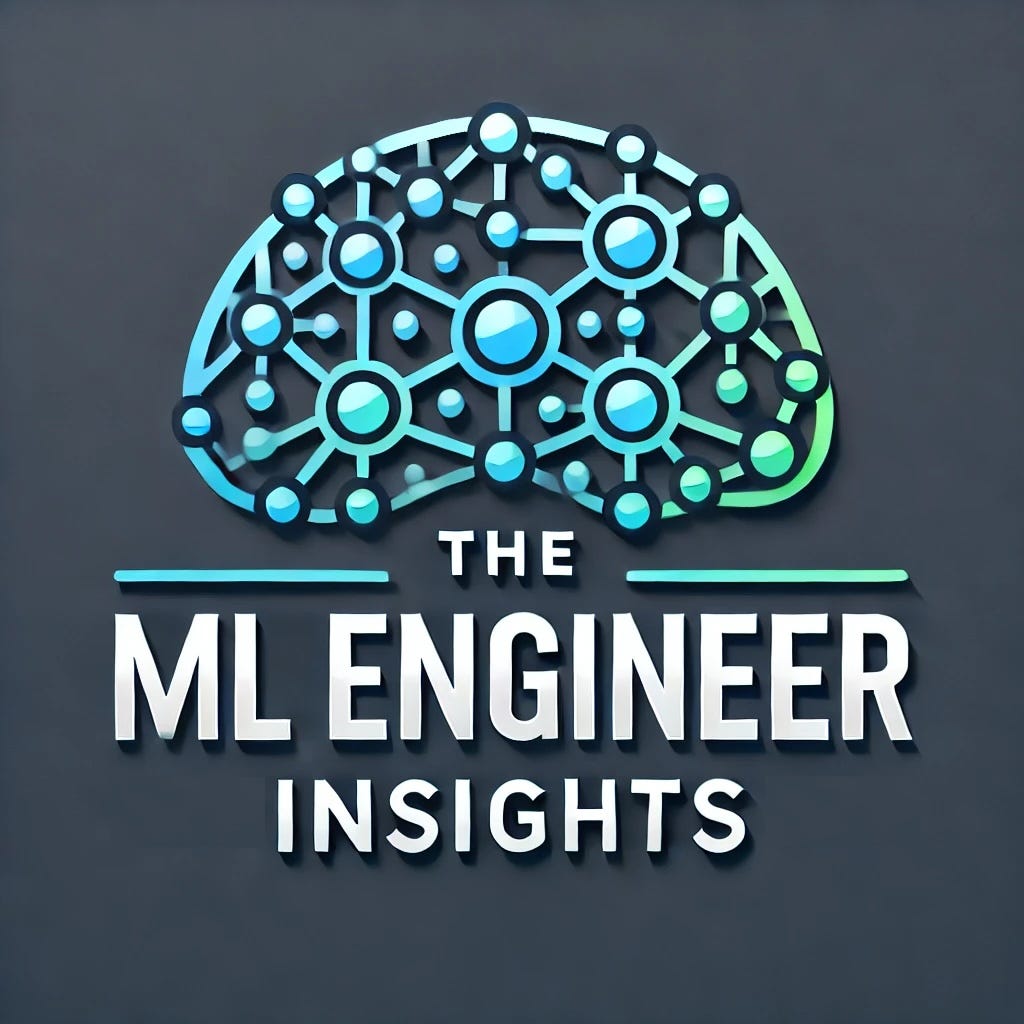
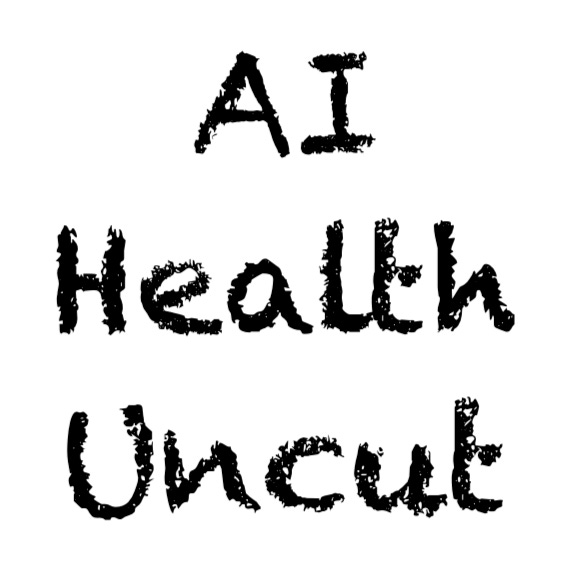
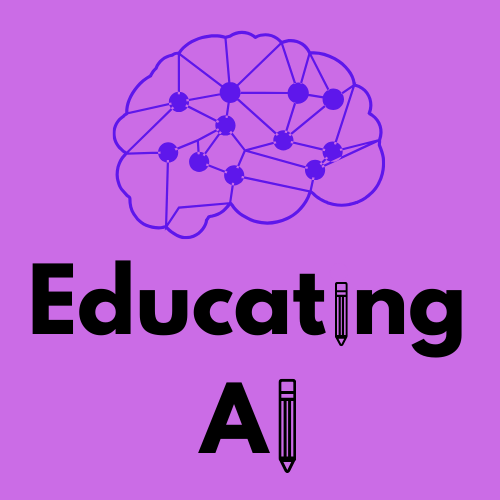
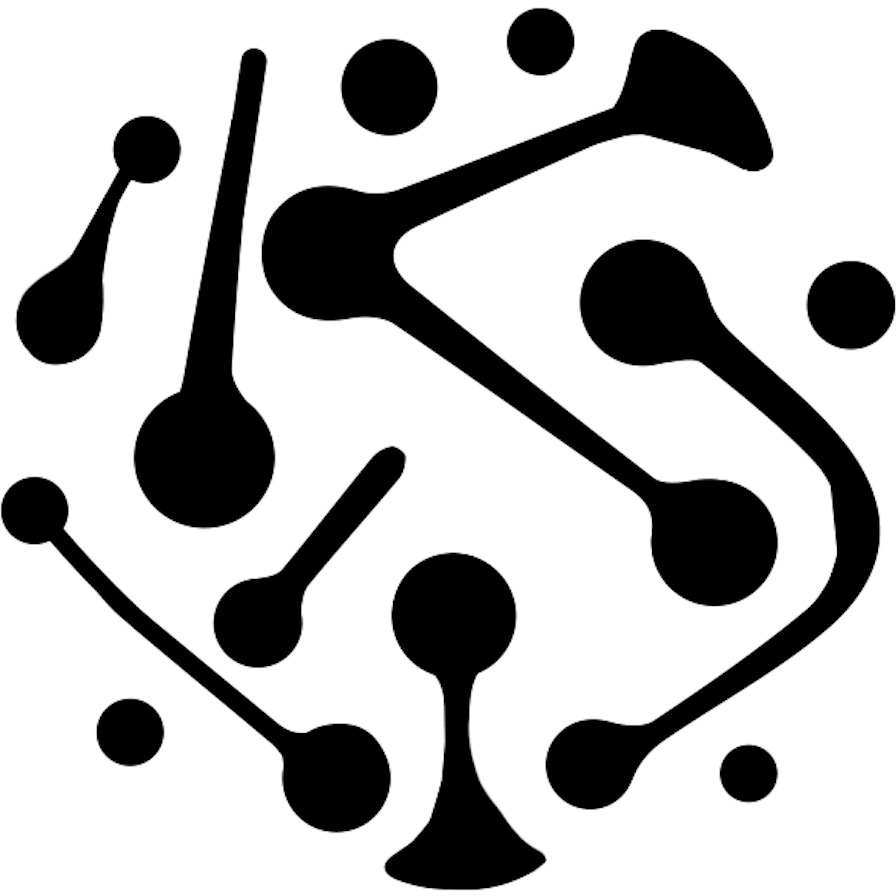
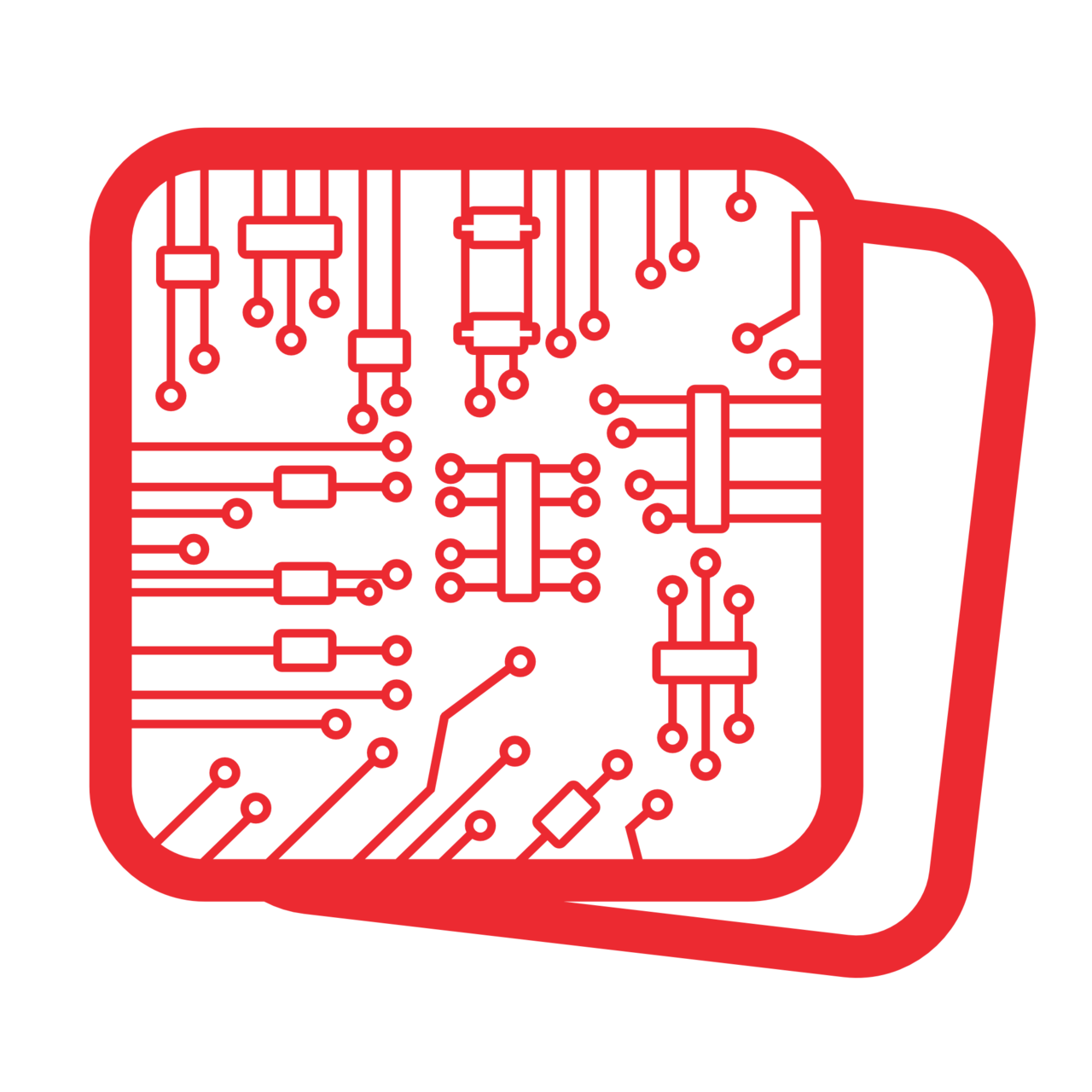
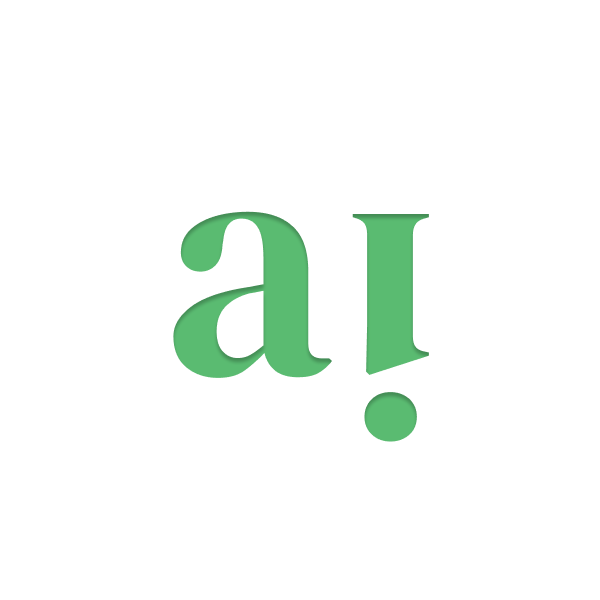
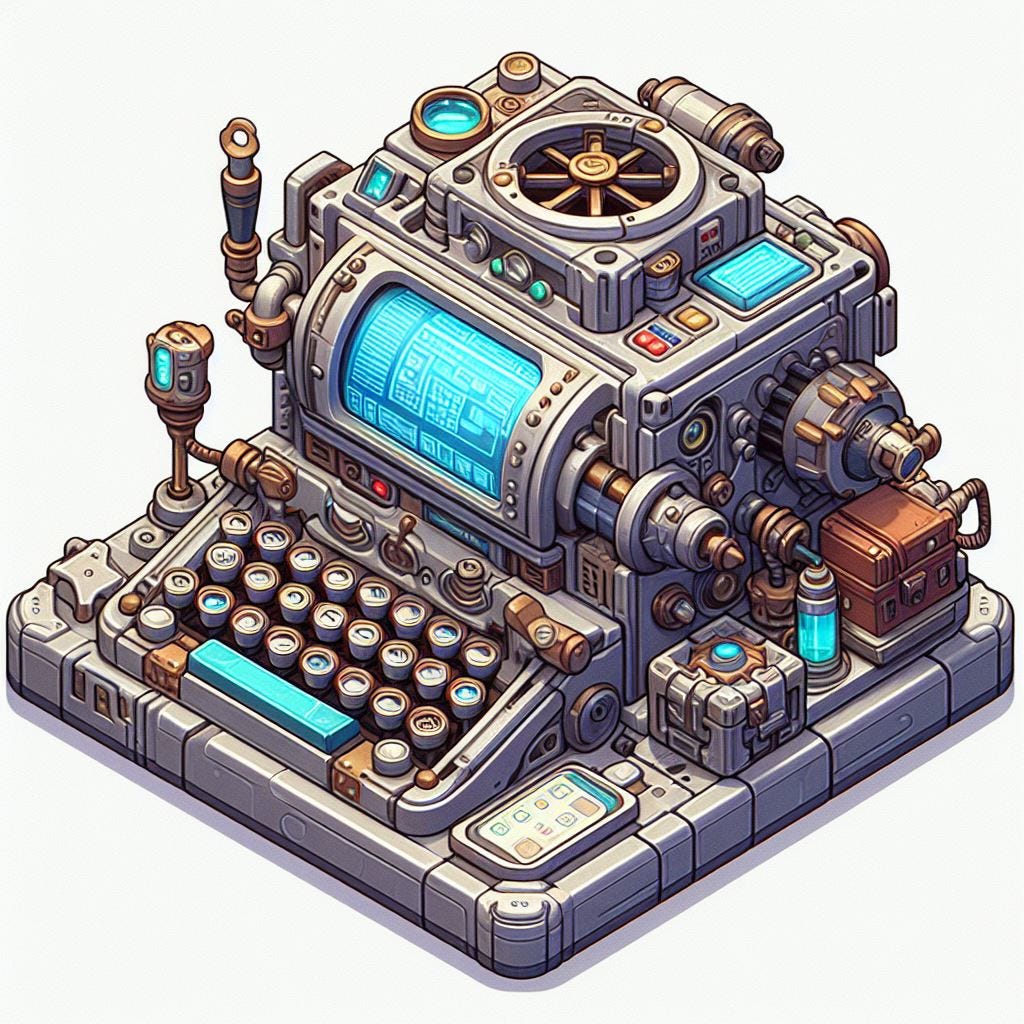










Thanks for putting this together! Such a great piece.
Thanks for organizing and putting this together! Short interview-style articles that give you a glimpse into how (and on what) others work are always fun and informative!